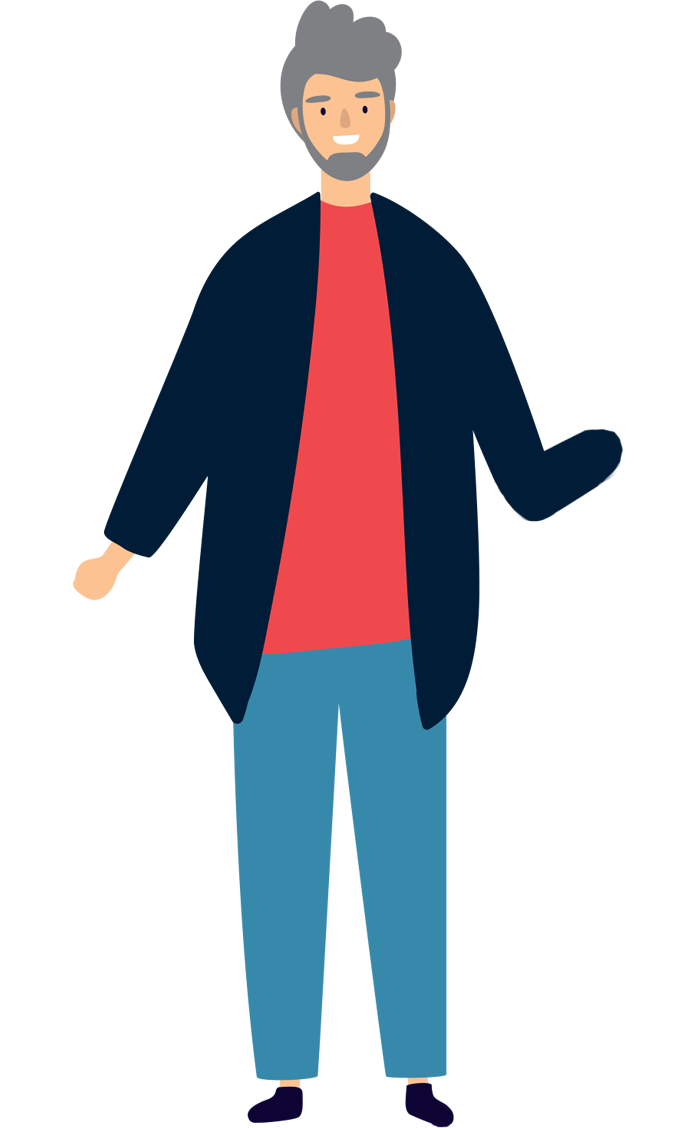This website uses cookies so that we can provide you with the best user experience possible. Cookie information is stored in your browser and performs functions such as recognising you when you return to our website and helping our team to understand which sections of the website you find most interesting and useful.
Support for Men and Boys who experience rape and sexual violence
Sexual Violence can, and does, happen to men and boys. Rape and sexual violence is a frightening and coping with the many and varied emotions that it causes can be overwhelming. Hopefully by recognising that much of what you are feeling is understandable, natural and shared by other survivors will give you the strength to seek advice and support.
- Acknowledge your feelings. It can be difficult for men and boys to talk about, or emotionally address, rape and sexual abuse. Society creates the idea that men and boys should be physically and emotionally tough, and able to take care of themselves without support from others. These ideas are unfair and untrue stereotypes, and can make dealing with the effects of male rape and sexual assault harder. You have survived something extremely traumatic, it is important to know that talking about your feelings can help and that there is support available.
- Cope with your anger. Feelings of anger after rape or sexual violence are healthy and an understandable reaction; often though survivors turn their rage inwards, or suppress it entirely or directly at people close to them. This is when anger can become unhealthy, turning into aggression, self-hatred, and even self harm. Vocalise your anger and frustration by talking to friends, a counsellor, joining a support group, or even writing down your thoughts
- Rape won’t define your sexuality. It is common for male survivors to feel confused about their sexuality when they’re raped or experience sexual violence by another male. However, rape and abuse does not define your sexuality or mean you’re gay. Similarly, men and boys who rape other men and boys can be any sexuality. Rape and sexual assault is more about power and control than sexual orientation or desire.
- Women can, and do, abuse. In the UK, the current law states that only men and boys can commit the offence of rape. Despite this, rape and sexual assault is experienced and committed by people of all genders. It can be difficult for males to talk about abuse when it is perpetrated by females. Society puts across stereotypes that men and boys are more powerful, suggesting they’re weak when they’re raped or abused by women and girls. All sexual trauma is distressing and serious, and can have long lasting effects.
- Rape or sexual assault can be cause feelings of shame. Perpetrators often try to shame the person they abuse, encouraging them to feel they’re at fault, or that there is something intrinsically wrong with them. You were subjected to and have survived an ordeal, the fault and shame does not belong to you it belongs to the abuser. Shock comes in many forms. It’s a powerful thing and can affect us in many ways. A lot of men and boys suffer denial or memory loss after rape or sexual assault, affecting some for several years. This can be your mind’s way of dealing with trauma; blocking out memories that you’re not ready to cope with yet. Be good to yourself. Since you have suffered something traumatic, you deserve to set quality time aside and focus on looking after yourself.
RSACC offers a number of support services to men and boys who have experienced sexual violence.
Our confidential services available to men and boys include:
- Counselling
- Independent Sexual Violence Advisors (ISVAs)
- Emotional Support Line
- Emotional Support Email
If you would like to know more, we have some further information on our FAQ page.
You can also download our leaflet.
How to get in touch with RSACC
You can call RSACC on 01325 354119 and refer yourself or someone you know or email info@rsacc-thecentre.org.uk.
Contact our Emotional Support Services
0300 222 5730 or email support@rsacc-thecentre.org.uk
For times and days go to Talk to Us – our Emotional Support Services page
leaflet >>




